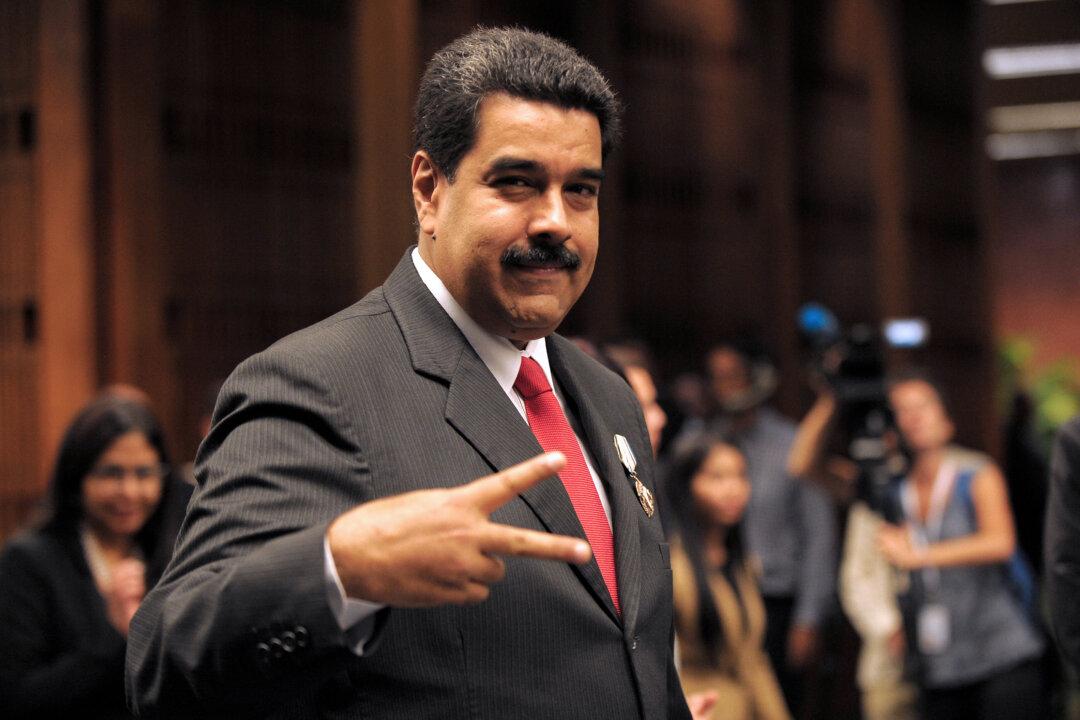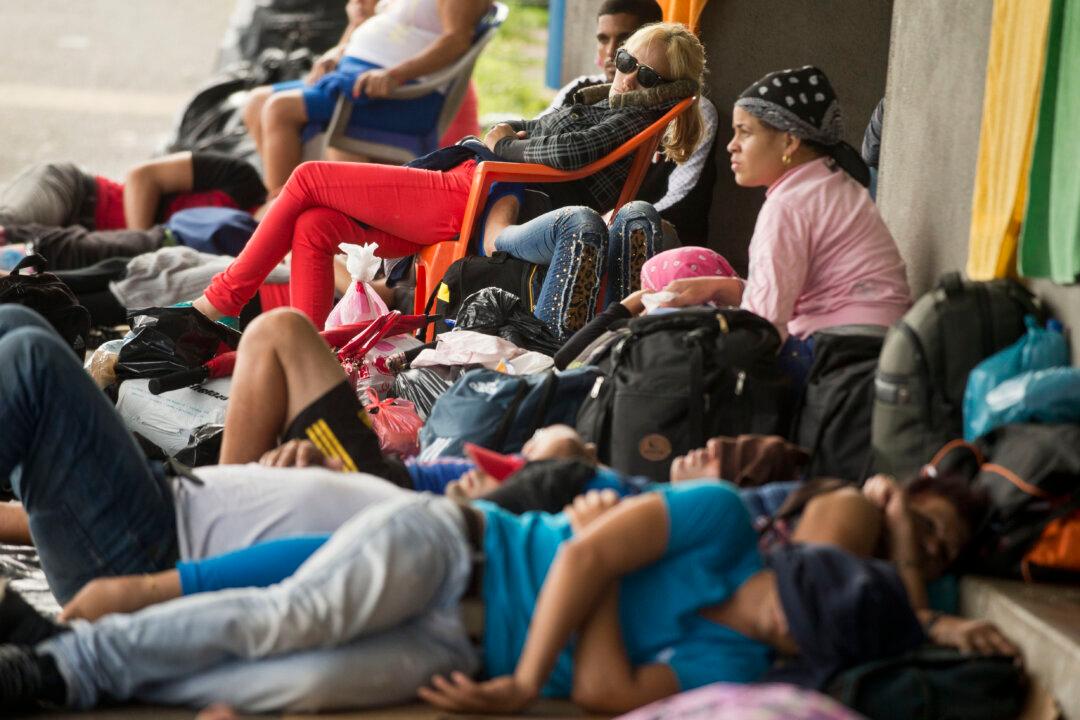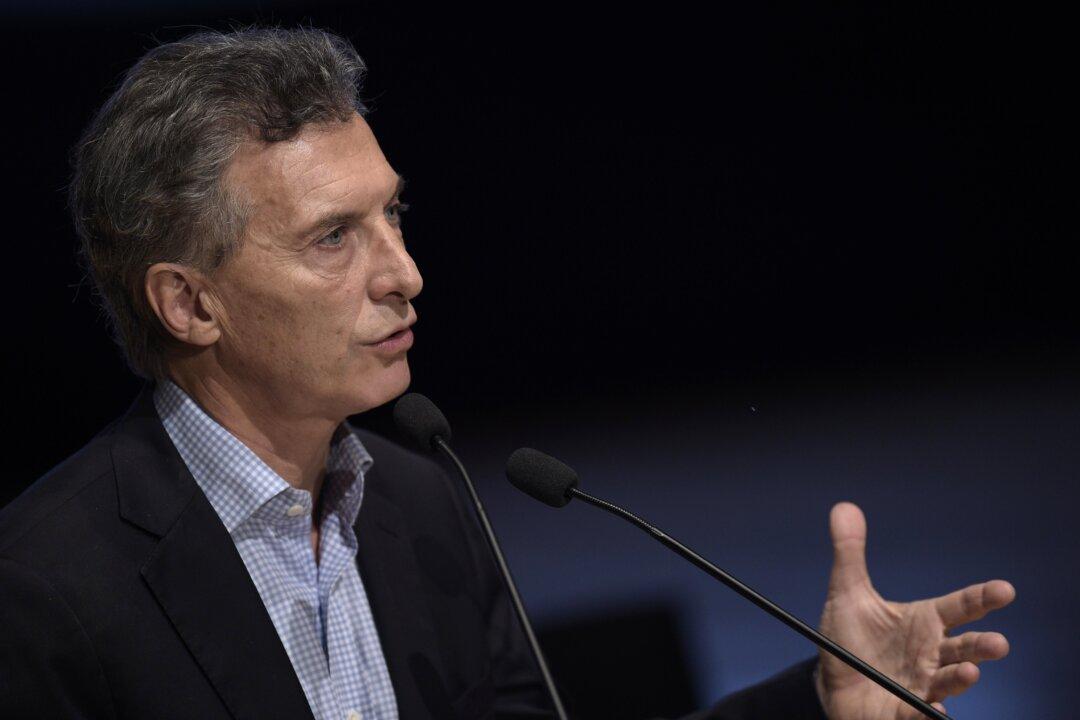Venezuela is facing an electricity shortage so severe that President Nicolás Maduro extended the national Easter holiday by decree to decrease demand for it. The government is effectively shutting down the country for five days with the hopes of staving off an impending infrastructural collapse. That’s right: The country with the largest proven oil reserves in the world is facing an energy crisis.
The country with the largest proven oil reserves in the world is facing an energy crisis.


